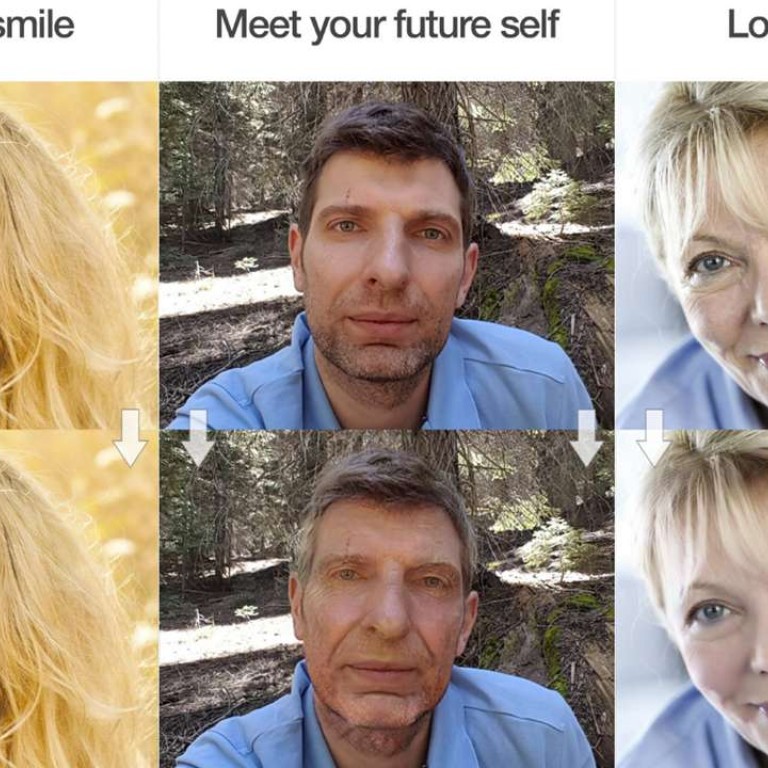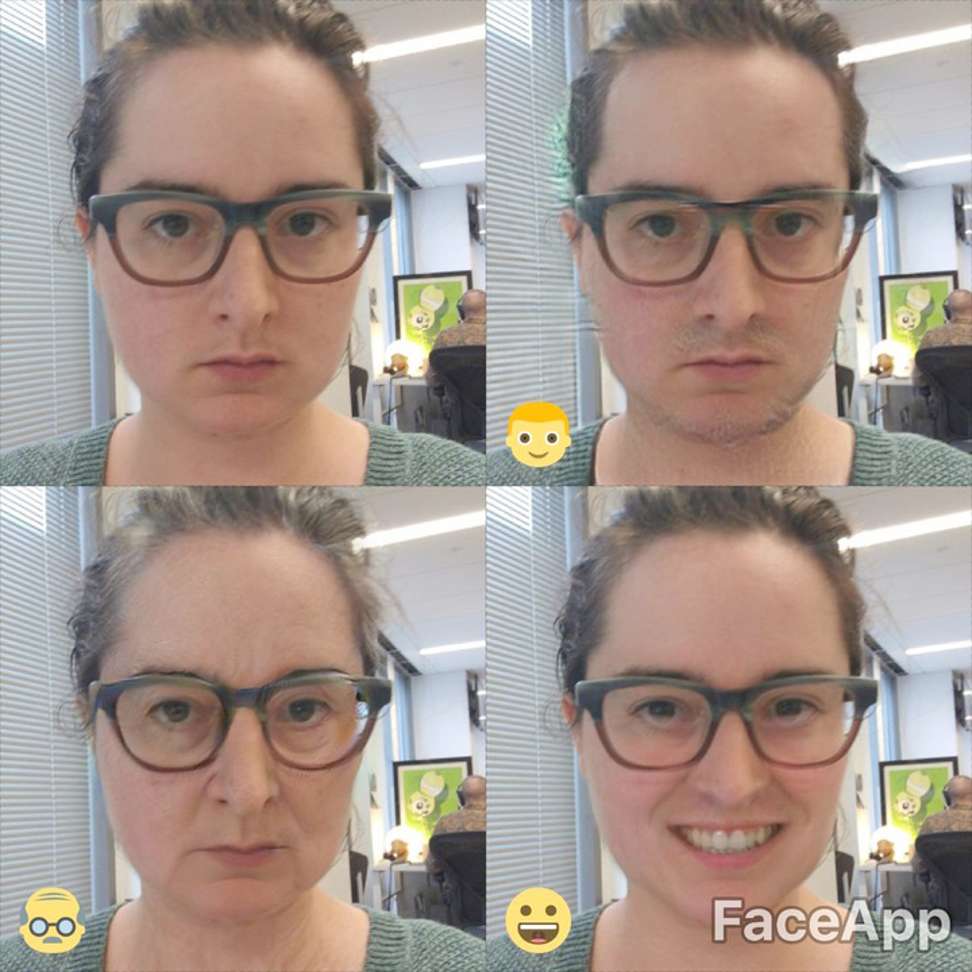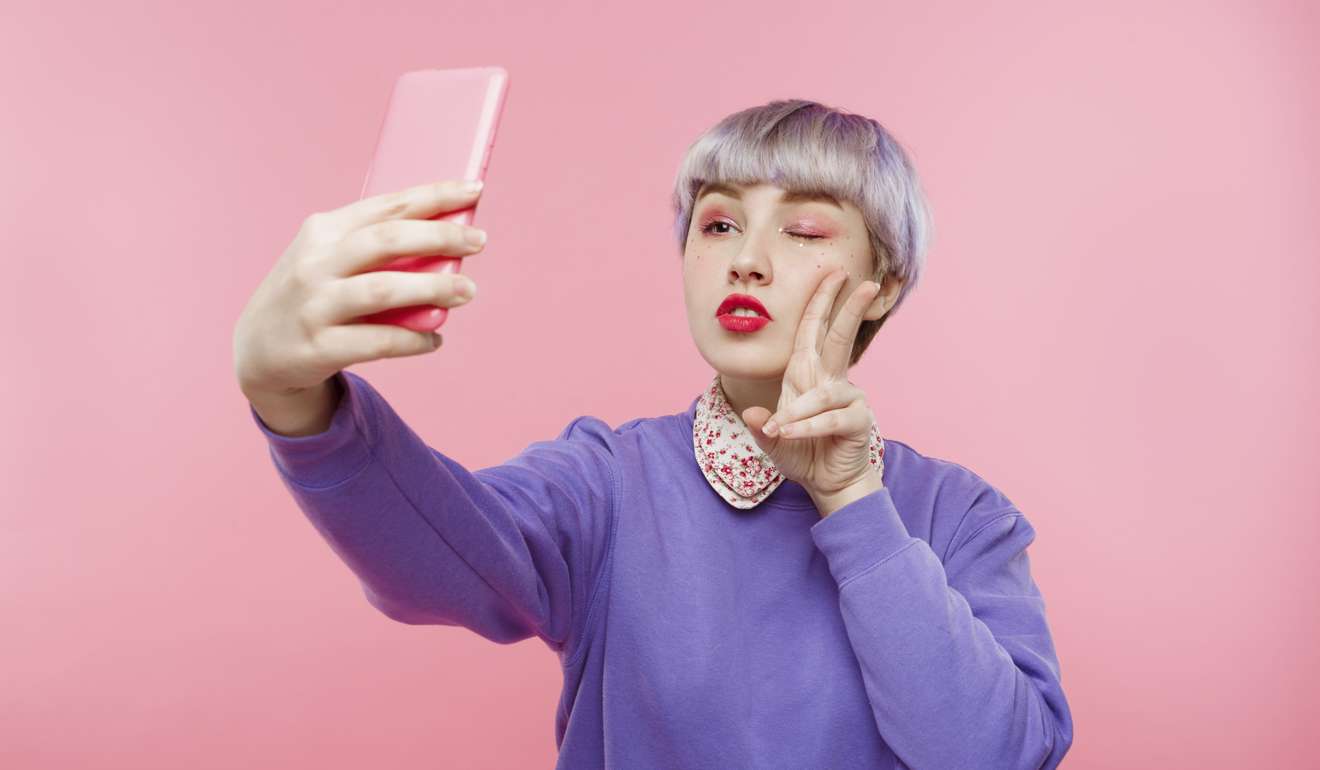
What’s wrong with FaceApp, the latest creepy photo app for your face
FaceApp lets users turn moody faces to merry ones, see what they’d look like grey haired and grizzled, and turn back the hands of time, among other things, though it has not been without controversy since launching
FaceApp is an app for ruining your face. It morphs you into an old (or in my case, an even older) person. It can change your appearance to make you look more masculine or feminine, maybe. Take a photo with a neutral expression, and it will force you to smile. It is an app built only to please those who really want a new way to play roulette with their own face.
The app uses neural networks to try to keep the results photorealistic, FaceApp founder and chief executive Yaroslav Goncharov told technology news website TechCrunch in February.

“Adding a smile may look like a simple modification on the surface but, in fact, is extremely difficult,” he said. “Smiling is not just lips moving – the entire face changes in a subtle, but complicated, way.”
The app has been around for a few months, yet has become suddenly popular, especially in the United States, over the course of the past few weeks. God knows why.
Maybe it’s something to do with the unpredictability of FaceApp’s transformations. Take mine, for instance. The “old” filter is actually pretty convincing on me, while the smile looks bad and extremely wrong. But in fairness, the bad transformations can be funny.
Snapchat’s latest feature Lenses will change your virtual world
Anyway, people were having a lot of fun online with FaceApp last week. But just as the app exists to “transform” your face into something worse, I would like to “transform” your temptation to use this app into a lack thereof. So here are some things that are wrong about FaceApp.
First, it used to have a racist “hot” filter. One of the transformation options purported to make you look hotter, and one of the things it did was lighten the skin.
Last week FaceApp apologised and said it had temporarily renamed the filter “spark”. The option now no longer appears on the Android version of the app.

“We are deeply sorry for this unquestionably serious issue,” Goncharov told The Guardian in a statement. “It is an unfortunate side effect of the underlying neural network caused by the training set bias, not intended behaviour.”
The company later confirmed to TechCrunch that the data set it used to train the “hotness” filter was specific to FaceApp, which clearly didn’t use a diverse enough data set to define “beauty”.
“We can at least thank them for illustrating the lurking problem of underlying algorithmic bias in such a visually impactful way,” TechCrunch wrote.
App takes on Instagram, Snapchat with hardware inspired by iconic brand
The second thing wrong: the transformations stack. Some people have figured out that transforming an already altered FaceApp photo more than once can really create some disturbing images.
And what of privacy? Whenever you’re thinking about installing a viral app like FaceApp, privacy should be a concern. These apps are fun, but by installing them you’re usually agreeing to give a third party some degree of information about you in exchange for that fun. And there’s something about apps like FaceApp that take, analyse and mess with photos of your face that cooks up a healthy paranoia.
To put FaceApp on my Android phone (for journalism), I had to give it access to in-app purchases, my photo and media files, my device storage, and my camera. That’s pretty straightforward for an app that needs to take a photograph of you to work and wants to save that photo to your phone so that you can horrify your loved ones.
Under “Other”, there were some additional permissions I granted to FaceApp such as receive data from the internet, view network connections, give full network access and prevent device from sleeping.
A billion downloads has Chinese selfie app maker Meitu looking good – but will its idea of beauty translate globally?
FaceApp hasn’t seemed to raise as many red flags so far among the privacy-wary as did Meitu, another photo-altering app. But the privacy policy for FaceApp has still been creeping people out. According to that policy, FaceApp tracks and collects quite a lot of information about you from your phone when you use the app, both for the purposes of “improving the service” and to show you lots of ads.
The question of how unusual that is for an app like this, though, is one for another day.

